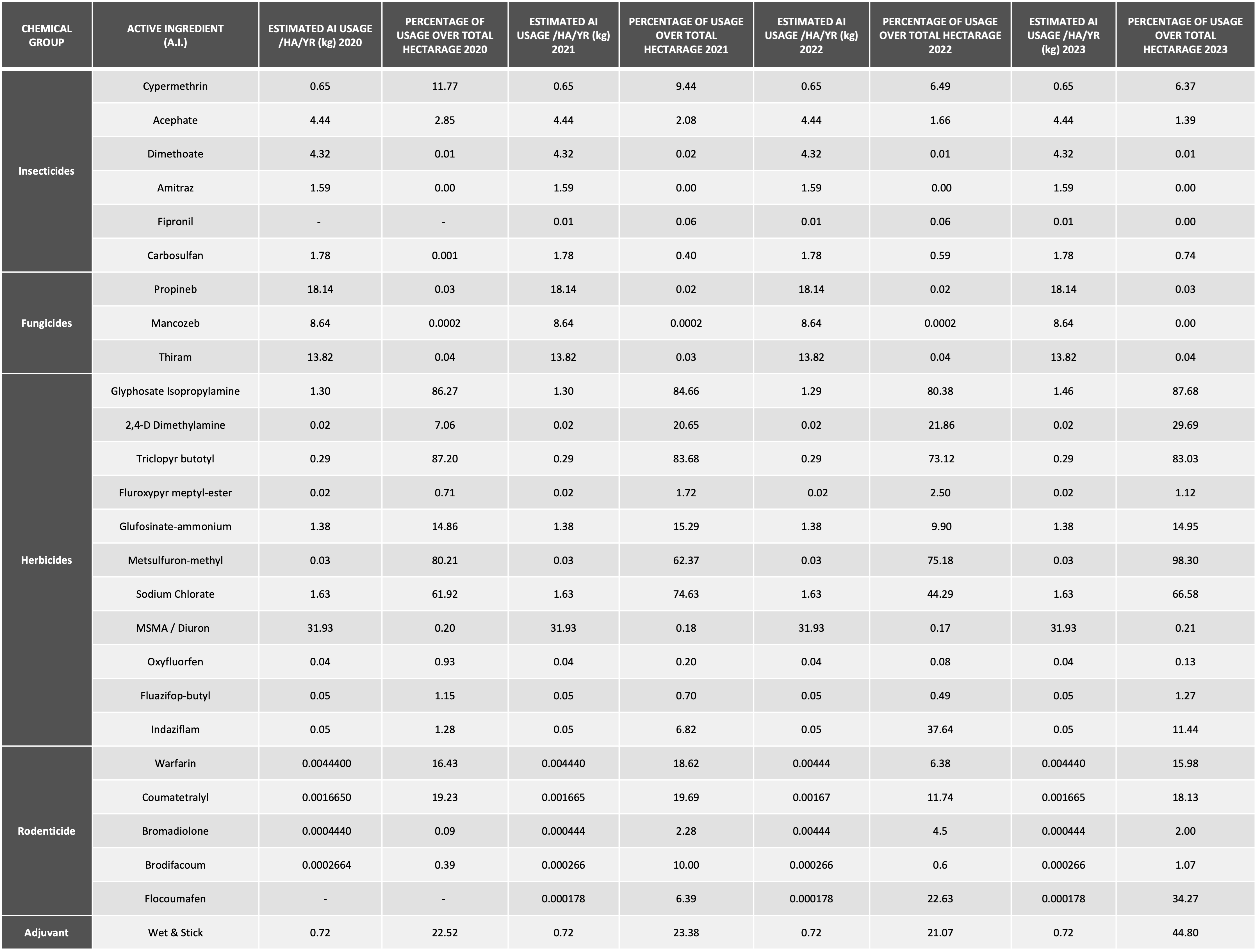Sexual harassment and physical violence have no place in our operations.
In 2019, we published a revised sexual harassment policy that sets out robust reporting procedures and prescribed courses of action to remediate sexual and physical violence issues.
The following guiding principles steer the policy:
- Confidentiality
- Prompt inquiry and action
- Support and protection for complainants
- Accountability
- Education and awareness
Employees who are aware of any sexual harassment allegations are required and encouraged to report it through any of our available grievance channels immediately. We conduct various awareness training and campaigns for employees from all levels so they know their rights and the channels for grievance reports.
In our Upstream Malaysia operations, a series of training programmes has been conducted with the Womens' Aid Association (WAO), a local civil society organisation, to develop an improved Women's Safety Framework. The programme contains key components targeted at inculcating a diverse and inclusive workplace culture through gender audits, gender sensitivity training for managers and training for Gender Representatives.
In NBPOL, our subsidiary Guadalcanal Plains Palm Oil Limited, participates in campaigns and training against gender-based violence. The programme is organised by UN Women to advocate eradicating violence against women, girls and children in the community, under the theme 'Herem Vois Blo Mi (Orange the World: #HearMeToo)'. Participants are exposed to training on company policies related to domestic violence and sexual harassment, human rights, maternal and equal opportunities, and equal rights. The training also includes an overview of domestic violence and the various forms of abuse women, girls and children face. Site-based churches also participated and held dedicated church services to raise awareness among their respective congregations. Executive staff visited the Christian Care Centre (CCC) to understand better the extent and impact of violence against women, girls and children. They also donated food, clothing and other household items to support the CCC.





